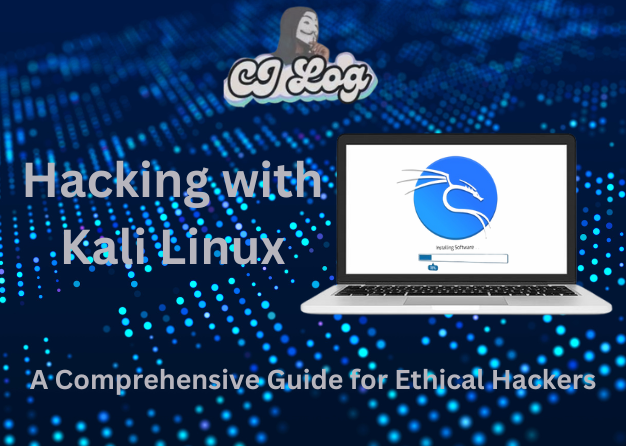Kali Linux is a powerful, versatile operating system specifically designed for penetration testing and ethical hacking. With its extensive suite of tools and capabilities, it has become the go-to platform for professionals in the cybersecurity field. In this blog post, we’ll explore the features of Kali Linux, its essential tools, and how to get started with ethical hacking.
What is Kali Linux?
Kali Linux is a Debian-based Linux distribution that comes pre-installed with a wide variety of security and penetration testing tools. It was developed by Offensive Security and is widely used by security professionals, ethical hackers, and IT specialists to perform security assessments and identify vulnerabilities in systems and networks.
Key Features of Kali Linux
- Open Source: Kali Linux is free to use and can be customized to meet specific needs.
- Comprehensive Toolset: It includes over 600 tools for various tasks, including network scanning, vulnerability assessment, exploitation, and forensics.
- Regular Updates: The distribution is regularly updated with the latest tools and features to stay ahead of emerging threats.
- Live Boot Capability: Kali Linux can be run from a USB drive or DVD without installation, making it ideal for portable use.
Essential Tools in Kali Linux
- Nmap: A powerful network scanner that helps discover hosts and services on a network, allowing you to identify open ports and running services.
- Metasploit Framework: A widely used tool for developing and executing exploit code against remote targets. It includes a vast database of exploits for various vulnerabilities.
- Wireshark: A network protocol analyzer that lets you capture and inspect data packets transmitted over a network in real-time.
- Burp Suite: A popular web application security testing tool that helps identify vulnerabilities in web applications through various testing techniques.
- Aircrack-ng: A suite of tools for assessing the security of Wi-Fi networks, capable of performing tasks like packet capturing, cracking WEP and WPA/WPA2 keys, and more.
- John the Ripper: A fast password cracking tool that supports various encryption algorithms and is commonly used to test password strength.
Getting Started with Ethical Hacking Using Kali Linux
- Install Kali Linux:
- You can install Kali Linux on a dedicated machine, set it up as a virtual machine using software like VirtualBox or VMware, or run it live from a USB stick.
- Familiarize Yourself with the Interface:
- Explore the desktop environment and get comfortable navigating the system. Familiarize yourself with the terminal, as many tools require command-line usage.
- Learn the Basics of Networking and Security:
- Understanding fundamental networking concepts, protocols, and security principles is crucial for effective ethical hacking.
- Practice with Tools:
- Start using the tools available in Kali Linux to practice penetration testing on your own networks or in controlled environments. Always ensure that you have permission before testing any system.
- Stay Informed:
- Cybersecurity is a rapidly evolving field. Follow blogs, forums, and news sites to stay updated on the latest vulnerabilities, tools, and techniques.
- Consider Certifications:
- If you’re serious about a career in ethical hacking, consider pursuing certifications such as Certified Ethical Hacker (CEH) or Offensive Security Certified Professional (OSCP) to validate your skills.
Conclusion
Kali Linux is an invaluable resource for anyone interested in cybersecurity and ethical hacking. Its extensive toolset and user-friendly interface make it accessible for both beginners and seasoned professionals. By exploring the capabilities of Kali Linux and honing your skills, you can contribute to a more secure digital world. Remember to always operate within legal and ethical boundaries while conducting your security assessments. Happy hacking!



If you are going for finest contents like me, only go to see this site all the time because it offers quality contents,
thanks